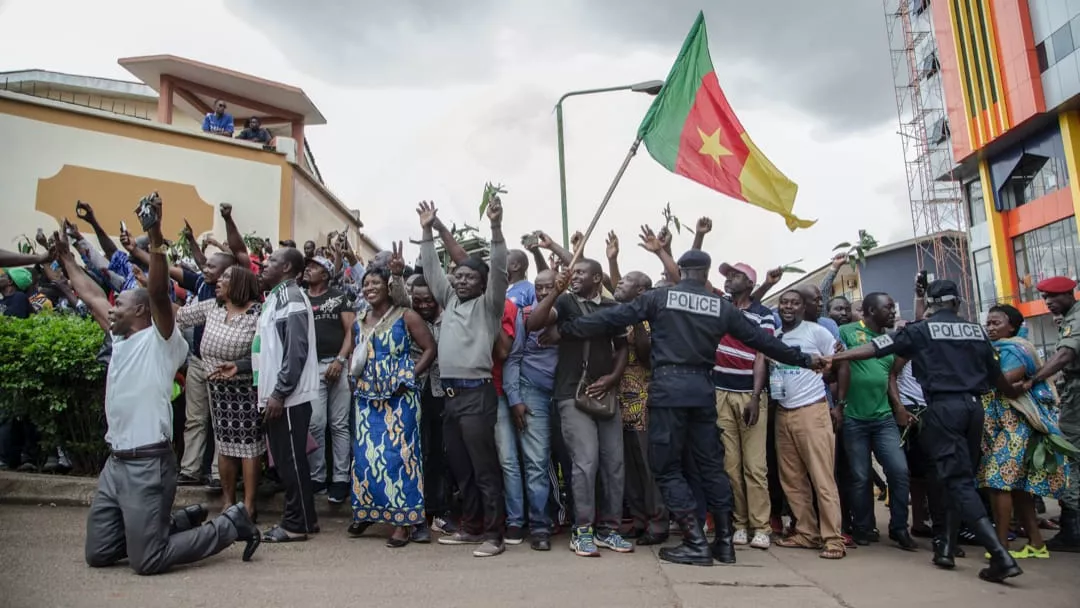
As Cameroon prepares for a pivotal presidential election, growing political tension and aggressive rhetoric have prompted renewed calls for a Code of Good Citizen Practices (CBPC), intended to restore civility and responsibility in national discourse.
Amid increasingly confrontational speeches by both government loyalists and opposition figures, concerns are mounting over the fragility of the nation’s hard-won political stability.
While some opposition voices claim that “nothing has been substantially accomplished in 42 years of the President’s reign,” members of the ruling Cameroon People’s Democratic Movement (CPDM) fiercely defend President Paul Biya’s legacy.
This escalating rhetoric has caused anxiety among citizens and observers, with many warning that the political climate could harm both social harmony and economic prospects.
Central to the debate is growing dissatisfaction with Cameroon’s Electoral Code and transparency issues surrounding the country’s electoral body, ELECAM, despite its recent success in doubling the number of registered voters.
President Biya, now in his 90s, remains a polarizing figure. Many argue that, regardless of political leanings, his leadership has become a pillar of stability, especially in the context of ongoing unrest in the Anglophone regions.
The CPDM appears to be preparing for a post-Biya future, but the opposition remains fragmented, struggling to present a unified platform or compelling alternative program.
The opposition’s focus on institutional reform, especially electoral transparency, has not translated into broad grassroots support. Analysts note that its discourse—often intellectual and abstract—fails to resonate with ordinary citizens in regions like Kousseri, Bertoua, and Bafoussam, who are more concerned with tangible issues such as healthcare, youth unemployment, roads, and access to clean water.
Observers stress that, while international bodies generally support Cameroon’s Vision 2030 development agenda (SND 20-30), the opposition has yet to provide a coherent and evidence-backed counterproposal.
The CPDM continues to dominate political space, leveraging state resources and its legacy structure, inherited from the former UNC.
This power imbalance, critics say, allows the ruling party to function as a de facto state institution.
Meanwhile, the opposition is perceived by many as out of touch or, worse, compromised by infiltrators seeking to weaken its ranks from within.
The lack of constructive dialogue, coupled with a communication gap between political elites and the electorate, has led to voter apathy—particularly among young people, who feel increasingly disillusioned and excluded.
Civil society voices, like Martin Mballé, are now urging all political actors to commit to a Code of Good Citizen Practices.
This proposed framework would serve as a common standard to safeguard public discourse, ensure peaceful elections, and offer voters genuine political choices.
“Cameroonians expect programs and a responsible exchange of ideas,” Mballé argues. “It’s time to turn away from polarisation and toward credible, accountable leadership.”
As the October election approaches, the success of Cameroon’s democratic process may rest on its leaders’ willingness to adopt such a code—and on the public’s demand for substance over spectacle.



